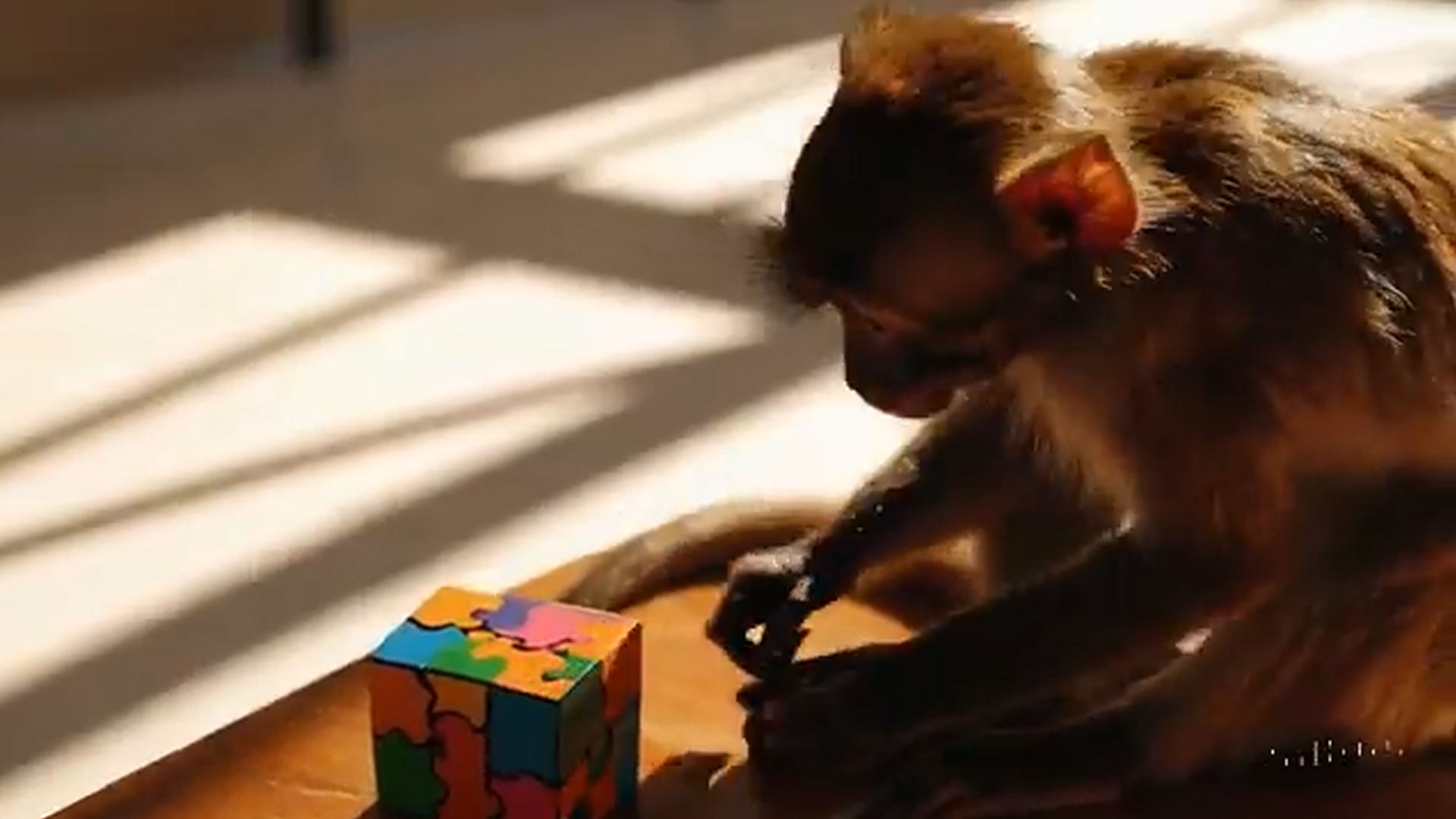OpenAI’s Sora video generator (briefly) leaked in protest by early users
Leakers demand an end to 'art washing'

A group of artists invited to test OpenAI's Sora video generator ahead of its public release leaked access to the AI video model on Hugging Face for a few hours on Tuesday before being shut down. The "Sora PR Puppets" behind the leak used their access to enable anyone to generate 10-second videos from text prompts. The group's point was to push back against OpenAI over pressure to only talk about positive aspects of Sora and over a lack of compensation for their contributions.
"We received access to Sora with the promise to be early testers, red teamers, and creative partners. However, we believe instead we are being lured into 'art washing' to tell the world that Sora is a useful tool for artists," the group wrote in a post online. "Hundreds of artists provide unpaid labor through bug testing, feedback, and experimental work for the program for a $150B valued company. While hundreds contribute for free, a select few will be chosen through a competition to have their Sora-created films screened — offering minimal compensation which pales in comparison to the substantial PR and marketing value OpenAI receives."
For many, the biggest impact of the leak was a chance to play with the highly restricted Sora model. Until now, only professional filmmakers partnered with OpenAI had any real access. The results shared by those who had a chance to play with Sora before it shut down again are impressive, as can be seen below.
OpenAI's Sora LEAKED! https://t.co/X3EmAZAJk0November 26, 2024
More Sora: pic.twitter.com/8DRz1VTY7hNovember 26, 2024
Conirmed: OpenAI Sora really has been leaked https://t.co/Vh1zzsKgPT pic.twitter.com/mAN1Z4vGsNNovember 26, 2024
Sora protest
The fact that Sora was in the wild without OpenAI's permission underscores the difficulties companies trying to collaborate with artists will face when it comes to AI. Hollywood writers, performers, and animators have all gone on strike partly over concerns about AI being deployed to replace them, and there's every indication that technical improvements will only heighten the tension between artists and AI developers. That said, the long delay between the announcement of Sora and any general release suggests Sora is far from where OpenAI wants it to be.
While OpenAI has teamed with filmmakers to demonstrate Sora's capabilities, there have been no major partnerships announced. That's partly why the protesters leaked the model, to encourage a more open development approach by OpenAI. Whether it will motivate the company to do anything but kick them out of the program remains to be seen.
"This early access program appears to be less about creative expression and critique, and more about PR and advertisement," the group wrote. "We are not against the use of AI technology as a tool for the arts (if we were, we probably wouldn't have been invited to this program). What we don't agree with is how this artist program has been rolled out and how the tool is shaping up ahead of a possible public release. We are sharing this to the world in the hopes that OpenAI becomes more open, more artist friendly and supports the arts beyond PR stunts."
You might also like...
- Meta's new AI model tags and tracks every object in your videos
- Hotshot is heating up AI video-making – here's how you can try it for free
- ByteDance hits play on AI video creator while Sora seems paused
Sign up for breaking news, reviews, opinion, top tech deals, and more.

Eric Hal Schwartz is a freelance writer for TechRadar with more than 15 years of experience covering the intersection of the world and technology. For the last five years, he served as head writer for Voicebot.ai and was on the leading edge of reporting on generative AI and large language models. He's since become an expert on the products of generative AI models, such as OpenAI’s ChatGPT, Anthropic’s Claude, Google Gemini, and every other synthetic media tool. His experience runs the gamut of media, including print, digital, broadcast, and live events. Now, he's continuing to tell the stories people want and need to hear about the rapidly evolving AI space and its impact on their lives. Eric is based in New York City.